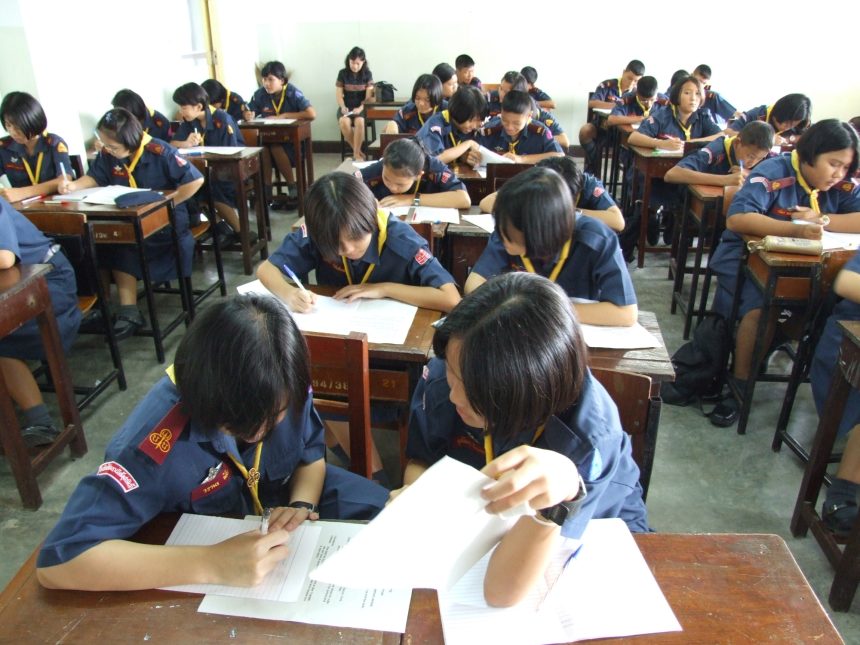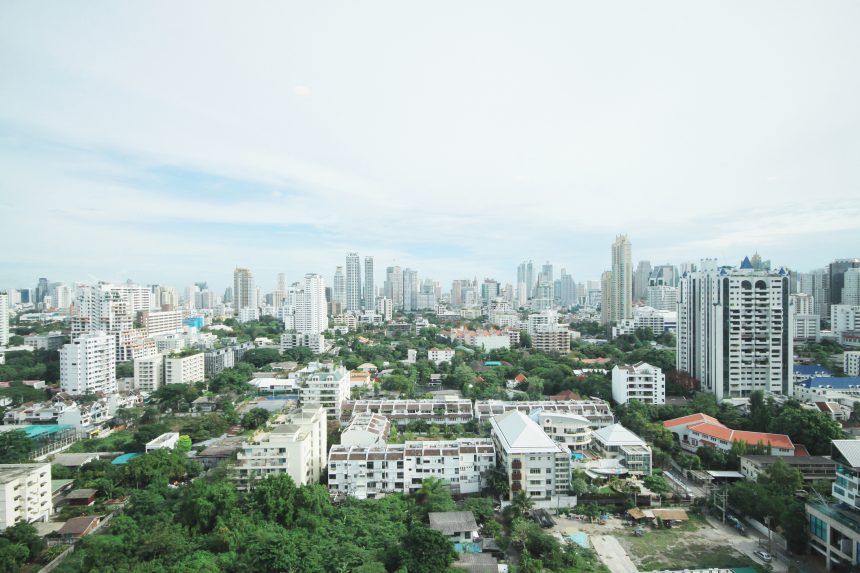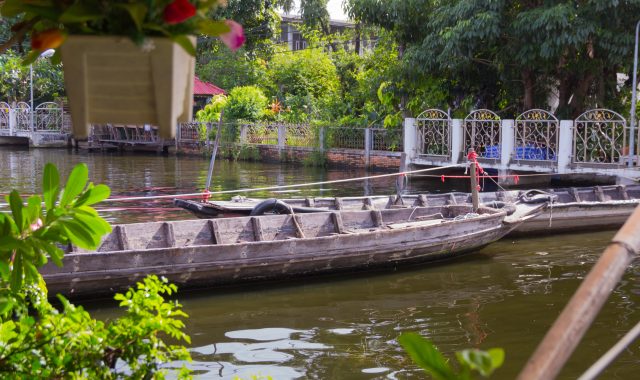When we choose to go into secondary teaching, we don’t just choose a job, we choose a livelihood. A teacher’s day is far from the boundaries of four walls, a whiteboard and typically 45 minute lessons spent standing in front of a class; there are infinite tasks to be completed. Being a Mathematics teacher, my apt choice of the word infinite is no exaggeration: you genuinely need to stop yourself from working all day and all night.
Planning and marking are the obvious tasks that frame teaching: the time spent on these alone is infinite. Can I make my lesson better? What research would improve the attainment and enjoyment of my students? What resources can I make? If I write more detailed feedback to the homework, how will my students benefit? Should I log homework with detailed analyses on how each student is doing so when I give feedback to parents, so I have plenty to say? Then the: “oh dear, that took longer than I intended….” and so on.
Other tasks include writing tests and mark schemes, writing schemes of work, meeting students to discuss catch-up work and re-explaining material that they have not yet grasped, running lunchtime and after-school clinics, detentions, staff briefings, SENCO (Special Educational Needs Co-ordinator), lunch and break time duties, extra-curricular activities, trips, clubs, form time, open days, gifted and talented registers, responding to parent emails, attending training days, reports, parents evenings, grades, predicted grades, UCAS references, cover lessons. As I reflect on this list, I am exhausted!

So why do teachers do it? Well, the obvious reason of giving-something-back springs to mind, but it is even more than that. Variety – no two days are ever the same. Vocation – there are tangible results, and you improve as a teacher year on year. Career – there is progression and opportunity. Young people – they are so much less complicated than adults. Holidays – need I explain? The option to work abroad, all expenses paid. Which leads me to talk about my experience as an expat.
Having taught for twelve years in the UK and having met my wonderful, fellow-teacher husband in that time, we decided to explore teaching abroad. What a wonderful way to travel, we thought, and if we choose the location wisely, we can earn enough to save up and buy a house. Everybody knows that teaching is one of the worst paid graduate jobs, but if you teach in the private sector in Asia, you likely are able to gain 1.5 times your salary in the UK with the addition of free accommodation, annual flights and private healthcare.
We applied for teaching roles at a British school in Bangkok and were thrilled when we were offered the jobs under excellent conditions and could be together. It was only when we received the offers that we sat down and took our applications and “the move” seriously. One of the biggest considerations (and consequently, logistical nightmares) was flying our Labrador (she’s also our child) over to Bangkok and ensuring that she would have a good quality of life. I don’t know about you, but the thought of leaving behind a pet just wasn’t an option for us.

The more research we did on life in Asia, the more excited we got. Eating out like Kings and Queens for £10, flying pretty much anywhere within Asia for £100, having a maid to do your cleaning and ironing for £25 a week, living in a 4-bedroom house with a swimming pool. We were fortunate enough to see all of these things materialise.
The students. Well, to say as teachers we were blessed is an understatement. Thai children have the utmost respect for teachers. The biggest initial shock (apart from Thai heat and monsoon rain!) was how quiet and attentive the students are. Thai children care about their education like no other. When they reach around 14 years old, they become highly career driven and generally want to please and respect their parents by gaining top grades and getting into the best universities (typically Oxbridge, Russell group and Ivy League). They really don’t want to have a low grade or bad report ever sent home. To wai (bow) to a teacher is common practice as teaching is one of the most highly respected professions in Thailand. Now although the classroom felt too quiet at first, it was incredibly rewarding to develop the rapport with each class.
One lesson you quickly learn as a teacher is not to embarrass a Thai child. If they feel that any kind of banter has been inappropriately geared towards them, or that they continually get answers wrong in front of their peers, they can retreat into a completely silent and unreceptive version of themselves. Realising this makes you more tactful as a teacher.

Now apart from the incredible free Thai lunches we received, we also noticed that the responsibilities we teachers were by and large lower, and we could enjoy more free time and free periods. This meant that our general well-being felt calmer and stress levels reduced. Why did we return to the UK? The biggest single drawback (and I won’t mention the pandemic and lockdown as we all hope that this won’t continue forever), was being so far away from family and friends. You can’t just pop home for a cup of tea with Mum, or to your old buddy’s wedding. We also missed open space and woodlands. The landscape in Thailand is stunning, from the white sandy beaches in the south to the mountains in the north, but don’t forget that Thailand has a tropical climate and so walking off the beaten track comes with many risks – wild soi dogs (strays) and snakes to name a few. So, when our two-year contract was up, we decided to return home to the UK.
If we have any advice to our fellow teachers, it would be to consider moving abroad and embracing expat life. We had the adventure of a lifetime and wouldn’t take it back for anything.
By Tania Shannon (Dahdi) and Eoin Shannon







Comments